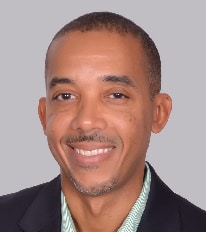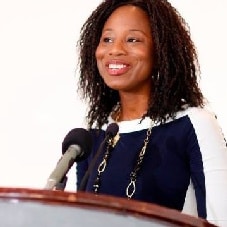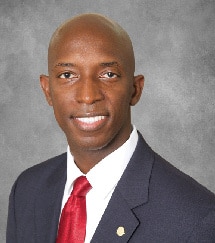Guyanese National assumes Presidency of World Health Assembly
Greater Georgetown, Guyana – The 61st World Health Assembly opened Monday, May 19 at the United Nations Headquarters in Geneva with Dr Leslie Ramsammy, Minister of Health of Guyana assuming the Presidency of the premier international Health organization.
In his inaugural address to the Assembly Dr Ramsammy identified an array of health challenges facing the world, among which are climate change, food production and the high cost of living, the escalating rate of NCDs, the persistence of HIV/AIDS and the staggering rates of child mortality, injuries and violence especially violence against women. He also highlighted the negative effects of migration on the human resource capabilities of health services in the developing countries.
In responding to these major challenges, Dr. Ramsammy declared that while alternatives must be found for fossil fuels as part of the interventions to reverse global warming, conversion of land from food production to bio-fuel production is a real threat to public health. He insisted that “we need an agreement to ensure conversion of land from food production to biofuel does not precipitate further a food crisis and, thus, a public health crisis. The WHO must take a lead in advocating a prudent way forward.”
In stressing the need for greater emphasis to be placed on mental health, Ramsammy stated that “there is no health without mental health” and advocated for cost-effective, evidence informed mental health care to all those who require it without discrimination and to ensure equal access to all health care for those with mental illness. He further stressed the need to focus on preventable child deaths. “One preventable child death must be considered a calamity. How then do we accept 10M child deaths per year?”
Dr Ramsammy also urged WHO to advocate for greater vaccine productivity to meet the world’s demands and to ensure pre-qualification mechanisms are strengthened to accommodate greater input by fledgling producers. He pointed out that Guyana supports the quest for high quality vaccines, but also is of the view that existing mechanisms are designed to reduce competition. He pointed out that developing countries such as India, Brazil and Cuba had proven that they have the capacity and commended GAVI for procuring about 40% of their vaccines from some of these sources.
Also speaking at the opening session were Dr Margaret Chan, Director-General World Health Organization and Ms Jane Halton, Minister of Health, Australia and outgoing President of the World Health Assembly



